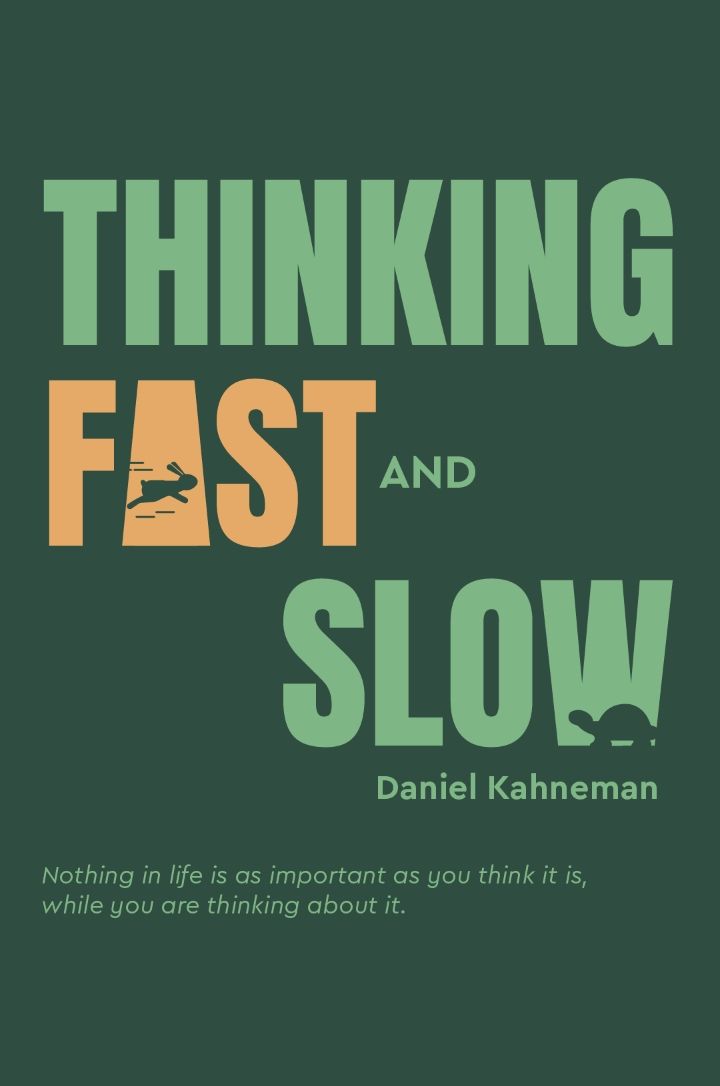Audio available in app
People often avoid risks to protect themselves from losses from "summary" of Predictably Rational? by Richard B. McKenzie
In our daily lives, we often find ourselves making decisions based on the desire to avoid risks. This desire is rooted in our innate need to protect ourselves from potential losses that may arise from taking those risks. When faced with a choice between two options - one that involves risk and another that is safer - we tend to lean towards the safer option, even if it means sacrificing potential gains. This behavior can be observed in various aspects of life, from financial decisions to personal choices. For example, when investing our money, we are more likely to choose low-risk options, such as bonds or savings accounts, rather than high-risk investments like stocks. This is because we fear the possibility of losing our hard-earned money and prefer the security that comes with lower returns. Similarly, in our relationships, we may avoid taking risks that could lead to rejection or disappointment. We may choose to stay in a familiar but unfulfilling situation rather than taking a chance on something new that could potentially bring us happiness. This tendency to avoid risks can be seen as a form of self-preservation. By opting for the safer option, we are protecting ourselves from the potential negative consequences that may arise from taking risks. While this behavior may help us avoid losses in the short term, it can also prevent us from seizing opportunities for growth and advancement in the long run.- Our aversion to risks is a natural response that is deeply ingrained in our psychology. It is a way for us to protect ourselves from harm and ensure our safety and security. However, it is important to strike a balance between avoiding risks and taking calculated chances in order to fully experience life and reach our true potential.
Similar Posts
Learn to thrive in a volatile world
In a world that is inherently uncertain and ever-changing, it is essential to develop a mindset that not only allows for surviv...
Market prices follow a random walk
The idea that market prices follow a random walk may seem counterintuitive to many investors. After all, we like to believe tha...

Believe in your abilities and potential to create the life of abundance you desire
When you truly believe in your abilities and potential, you open the door to endless possibilities and opportunities. This beli...
Consider inflation and rising costs in longterm planning
When making long-term financial plans, it is crucial to take into account the impact of inflation and rising costs. These facto...
Think long term
To truly understand the concept of thinking long term, it is crucial to recognize that most of the important things in life tak...
Avoid excessive risktaking
The idea of avoiding excessive risk-taking is a central theme in the philosophy of capital and investing. It is not about avoid...
Adapt to changing economic conditions
The ability to adapt to changing economic conditions is a crucial skill that every individual must possess in order to thrive i...

System 1 operates automatically and quickly
System 1 is the name we gave to the operations of the mind that are fast, automatic, effortless, associative, and often emotion...
International finance involves managing risks across borders
International finance involves managing risks across borders. When a company operates in multiple countries, it is exposed to r...
Building wealth requires disciplined habits
To build wealth over time, you must develop disciplined habits that lead to financial success. This means consistently making s...

